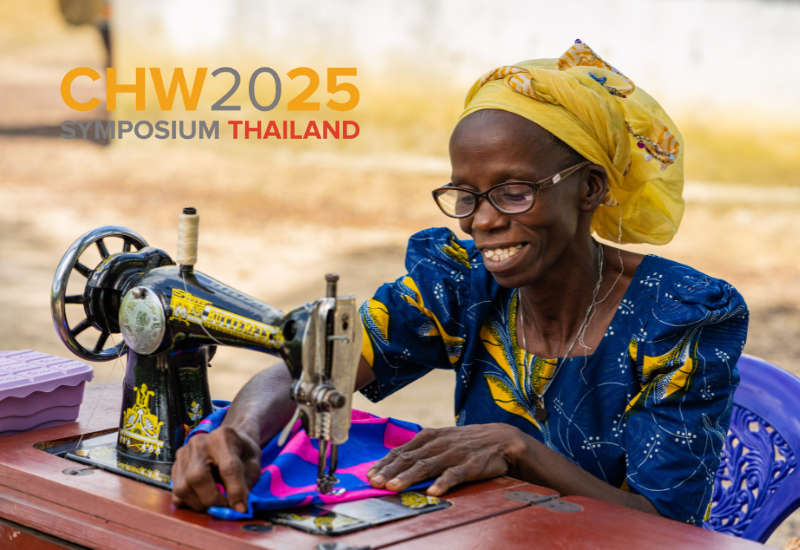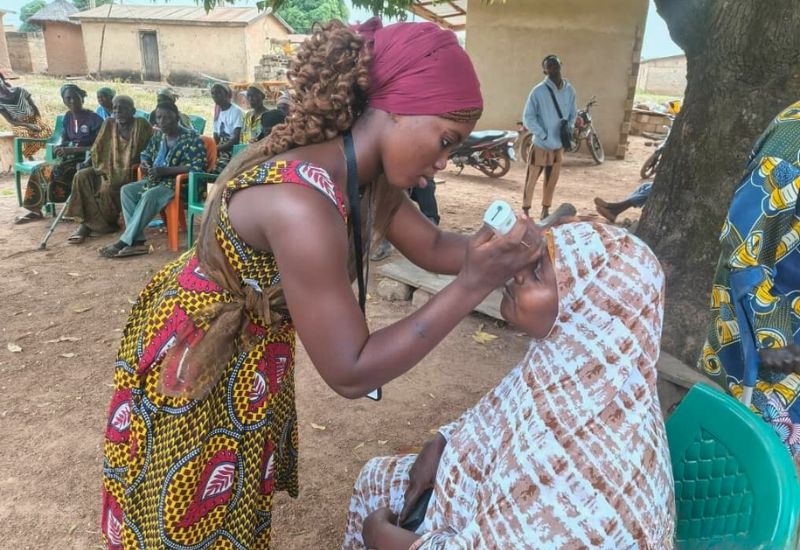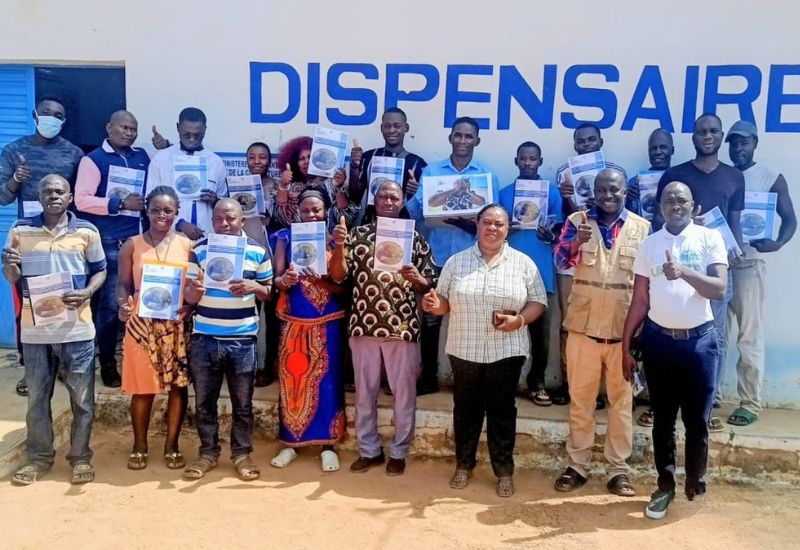What does it take to solve some of the world’s most complex challenges, from bringing affordable reading glasses to nearly 1 billion people to addressing deeply entrenched issues like childhood sexual violence? The answer lies in collaboration. No single organization can do it alone.
A recent Devex article, authored by Ambika Samarthya-Howard and Jenn Rosen of the Solutions Insights Lab, explores how systems thinking can unlock innovative solutions.
At EYElliance, we are honored to be featured for our work in Liberia, where we collaborated with incredible partners including Last Mile Health, Livelihood Impact Fund, and VisionSpring. Together, we piloted a program that integrates vision screening and eyeglass distribution into national health systems, a critical step in addressing presbyopia on a large scale.
Key insights from the article include:
🔹 Ecosystem mapping reveals untapped opportunities. The Solutions Insights Lab’s approach helps organizations identify interdependencies, align efforts, and amplify collective impact.
🔹 Collaboration is essential. Whether it’s governments, NGOs, or private-sector players, scaling solutions requires diverse stakeholders to work together while leveraging their unique strengths.
🔹 Shared vision drives systems change. Initiatives like our Liberia pilot show how a collective approach can lay the groundwork for scalable, sustainable impact.
We are proud to stand alongside other groundbreaking organizations that are making vision care and eyeglasses accessible to all. Systems thinking isn’t just a buzzword—it’s a blueprint for driving meaningful progress in global development.
👉 Read the full article on Devex to learn more about the power of partnerships and systems mapping in addressing global challenges.







.jpg)